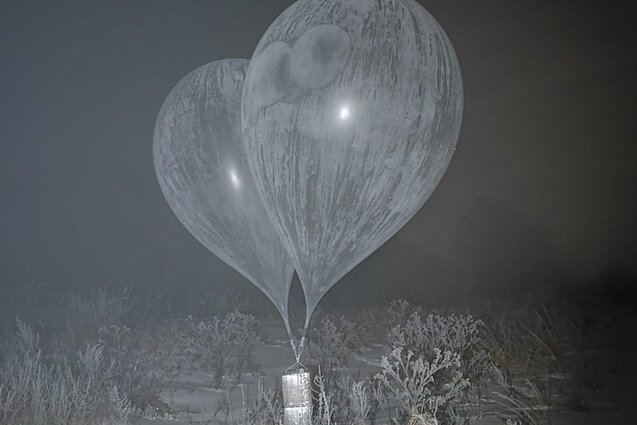Sweden and Denmark, following Germany, have started requiring insurance documents from tankers passing through their territorial waters in the Baltic Sea. Vessels without confirmed insurance may be blacklisted by the U.S., the U.K., and the EU, further restricting the Kremlin's ability to use the “shadow fleet” to bypass international sanctions.
As of mid-2025, over 24,000 sanctions have been imposed against Russia. Since the beginning of this year alone, 450 new targeted and sectoral restrictions have been introduced. As a result, Russia’s cumulative long-term GDP losses could range from 7.1% to 14.2%, while household consumption may fall between 9.3% and 18.6%. Export revenues have already dropped by $85 billion from December 2022 to September 2024 and continue to decline — a result of price caps and discounts on Russian oil. The production of motor vehicles, trailers, and semi-trailers has decreased by more than 15% from projected levels, with a similar decline in the wood processing industry. Significant drops (from 5% to 14.9%) have been recorded in the chemical, pharmaceutical, machine-building sectors, and in the production of coke and petroleum products. Logistics has become a new point of vulnerability. The cost of deliveries to Russia has risen by 6.2% compared to the global median, amounting to a total additional expense of $21 billion in 2023.
In June, Russia's seaborne oil exports dropped by 6.5% compared to May, reaching 3.43 million barrels per day — the lowest level in four months.
Russia’s oil exports to India by sea fell approximately 1.2% in June, to 1.66 million bpd, as India may be showing increased interest in U.S. oil. Between June 8–15, daily exports dropped 7.8% week-over-week to 426,000 tonnes; from June 16–22, they fell by 1.9% to 418,000 tonnes; and from June 23–29, by 1.5% to 411,000 tonnes per day.
Gasoline prices in Russia ended June at their highest levels since the start of the year. In July, they approached 2023 record highs. AI-92 gasoline is just short of the psychological threshold where the fuel subsidy (damping mechanism) for oil companies is eliminated.
The aviation system collapse on July 5–6 may cost airlines about 20 billion rubles. Losses from canceled flights in the first 24 hours of the massive disruption at three airports are estimated at 4–6 billion rubles.
Mechel, one of Russia’s largest mining companies, reduced coal production by 24% in January–May compared to the same period last year — down to 3.3 million tonnes.
Due to difficult economic conditions in the second half of the year, Russian employers are expected to reduce or cancel employee bonuses. Some bonuses may be paid in company shares instead of cash. As of early June, more than 70% of Russian companies had to optimize costs (up from 58% at the start of the year). 18% plan to cut spending on employees, and 21% on charitable and social programs.
In 2025, tuition fees at Russian universities increased by an average of 12% compared to last year. In Moscow, the increase is nearly 16%. The average tuition rise in 2025 vs. 2024 is 12%, including 15.7% in Moscow, 11.1% in St. Petersburg, and 11.3% in other regions.
The Russian State Duma is planning to introduce a tax on foreign travel.
The governor of Russia’s Kamchatka region, Vladimir Solodov, announced restrictions on mobile internet and geolocation services in the region for security reasons.
In recent months, Belarus has ramped up prosecutions under Article 342 of the Criminal Code (organizing or participating in actions that grossly violate public order). Human rights defenders link this to the approaching five-year statute of limitations since the 2020 protests, after which participants can no longer be prosecuted under this article.
In the first half of 2025, Belarus’ MAZ sold 1,668 units of equipment to Russia — a 33.7% drop compared to the first half of 2024.
Belarus is considering a legislative initiative to establish a single nationwide cleanup day.




















